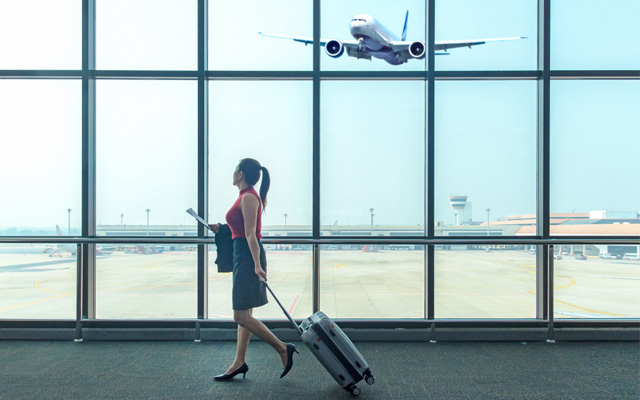
A revival in Asia-Pacific’s (APAC) business travel will vary across sectors and will accelerate revenue diversification and digitisation in the industry, according to executives from business travel agencies.
The perspectives were shared in Amadeus’ new report “Reboot. Recharge. Rethink Business Travel”, that explores the factors and trends influencing the timeline for global business travel recovery. The report’s insights were based on interviews conducted with almost 100 executives from business travel agencies across the world, on their priorities, needs and businesses strategies in 2021 and beyond.

In Asia-Pacific, the majority of executives were optimistic that business travel would resume first (38%) or at the same pace as leisure travel (47%) as more travel bubble arrangements are established between key markets such as Singapore and Hong Kong. Business travel is expected to vary across sectors, with 70% of APAC executives agreeing that marine and energy companies would resume travel first.
When asked about what the future of business travel would look like, there was consensus among APAC executives on the need for beyond-air content. To manage safety regulations and changing flight availability, 18% of executives said hotels content would increase in demand, alongside insurance (15%), new ancillary services (9%), and car rentals (9%).
But the “most voted” business travel evolution in APAC was the shift from unmanaged to managed travel. With travel restrictions and border closures changing frequently across markets, most executives believed that there would be strong business need for real-time information on quarantine requirements, schedule changes and route management tied to the establishment of travel bubbles.
When asked about what factors would help to drive business travel demand, many executives felt the factors were beyond the control of TMCs, such as international policies and travel regulations. More than one third (39%) said the removal of mandatory quarantine periods would be critical for a significant business travel rebound, coupled with the widespread availability of an effective vaccine.
Whereas travel budget was undoubtedly a key driver for business travel in the pre-Covid-19, APAC business travel executives believe price will be less important, with duty of care, risk management and traveller safety taking priority. Companies in APAC are expected to prefer “larger travel brands” that have robust and regulated safety standards – a trend observed across the whole travel industry. Interestingly, only 24% believe travel policies will be a key driver, compared to 48% on global average.
The report also revealed that business travel agencies’ most imminent challenge is survival. Given low business demand, many face significant cash flow concerns and a need to tightly manage costs. The main recovery strategy for executives in the APAC region was clear: 64% said cost optimisation would be their top priority in the mid-term, with a focus on operational optimisation using automation and digitization. This was closely followed by building critical workforce capabilities to manage new technology and deliver better journeys.
For more global and regional insights, click here.




















